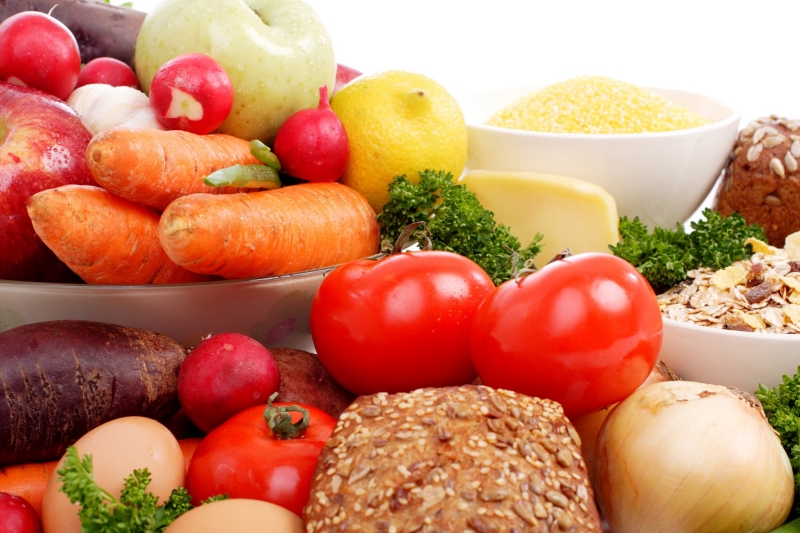
Continuing our last week’s talk, Fibers are a special type of Carbohydrates that have almost no nutritional value. They are the edible parts of plants (the stems, seeds, skins, and supporting structures of the leaves) which are not digested by our bodies, but they are very important for our health.
There are two types of Dietary fibers: Soluble and Non-soluble as regards Water solubility. Soluble fibers attract water and form a gel, which slows down digestion and increases food volume without increasing the caloric content, providing satiety, which may reduce appetite.. Soluble fiber delays the emptying of your stomach and makes you feel full, which helps control weight.
Slower stomach emptying may also affect blood sugar levels and have a beneficial effect on insulin sensitivity, which may help control diabetes. Soluble fibers can also help lower LDL (“bad”) blood cholesterol by interfering with the absorption of dietary cholesterol.
Non-soluble fibers are considered gut-healthy fiber because they have a laxative effect and add bulk to the diet, helping prevent constipation. These fibers do not dissolve in water, so they pass through the gastrointestinal tract relatively intact, and speed up the passage of food and waste through our system. They also balance intestinal pH and stimulate intestinal fermentation production of short-chain fatty acids, which may reduce risk of colorectal cancer.
High fiber foods are unrefined grains, like whole wheat, bran, corn, oats, and brown rice, dried beans (black beans, black-eyed peas, chickpeas, etc.), lentils, whole dried peas, and fibrous fruits and vegetables, like berries, dried fruits, apples, broccoli, leafy greens, and potatoes with skins. Don’t worry about the type of fibers you’re eating.
Both are good for you and both are found in the same plant, But some have won more than the other. There are also Fiber supplements available in the market, but I would recommend eating whole foods instead.
Nutritionists recommend 25 to 38 grams a day which seems like a lot , but if you add whole grains, vegetables or fruits to your every meal of the day and snack on fruits or vegetables instead of those chocolate bars or packed chips, you would easily meet the requirements.
One last very important tip. There is no such thing as much fiber in the diet. However, remember we are not rabbits. We cannot digest the fibers in the food. So upping your fiber intake might lead to their fermentation and production of gas and bloating.
Easiest way to avoid this is by Increasing fibers gradually which will allow your body to adapt. Because some fibers absorb water, you should also drink more water as you increase fiber.
Fiber away and Stay healthy!


